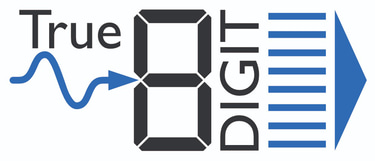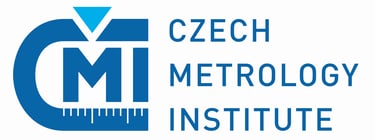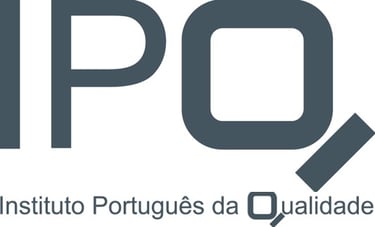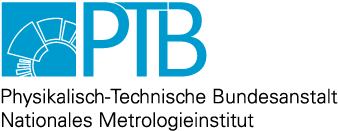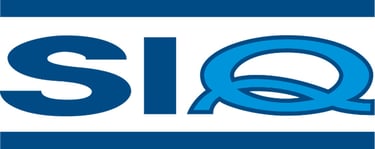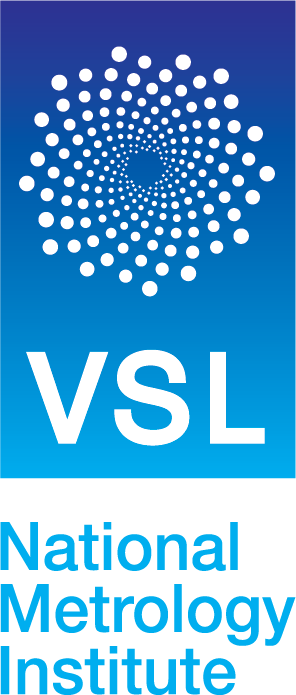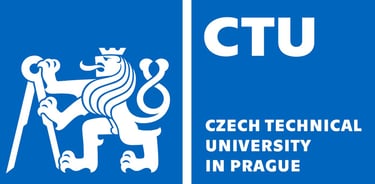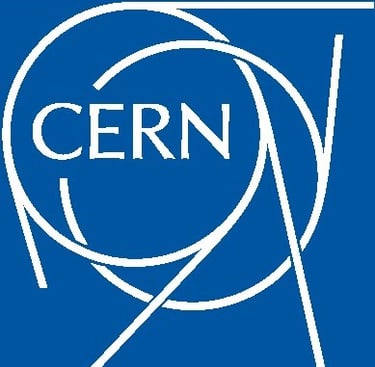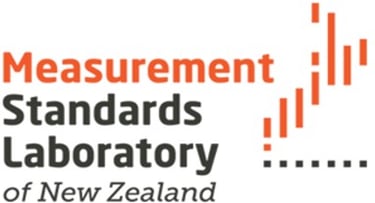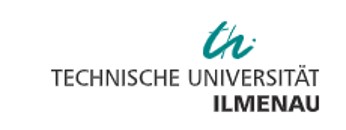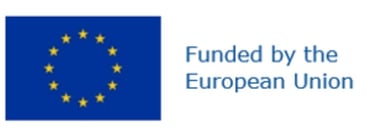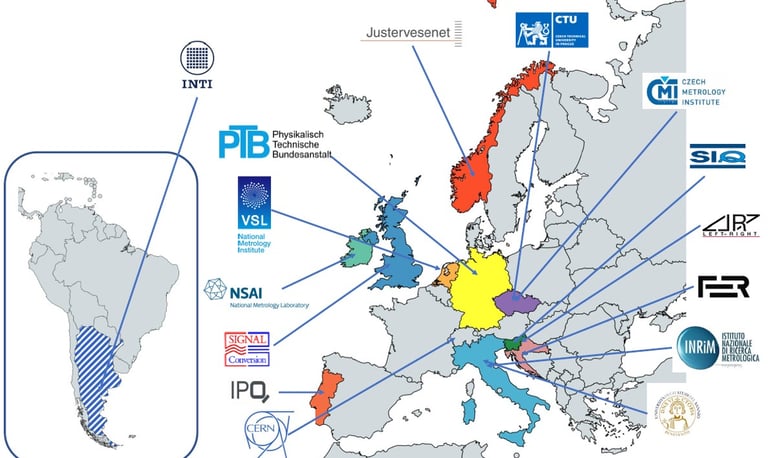

CONSORTIUM



The project team consists of national metrology institutes, academic institutions, research bodies, and private companies.
Input from interested parties to provide guidance and advice is most welcome.
PARTNERS
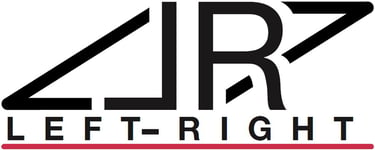





Definition: Partners are organizations that are directly involved in the execution of the projects. These typically include National Metrology Institutes (NMIs), Designated Institutes (DIs), and other organizations that have a significant role in metrology and contribute to the partnership's objectives.
Role: Partners participate actively in the project, contribute resources, and are typically beneficiaries of funding from the partnership. They have responsibilities for the delivery of project results and work closely with other partners in collaborative research activities.
STAKEHOLDERS


Definition: Stakeholders are organizations or individuals with a vested interest in the outcomes of the project but are not directly involved in the execution. Stakeholders can include industry representatives, policymakers, academic institutions, and other entities that rely on or benefit from advancements in metrology.
Role: Stakeholders may provide input, feedback, and advice to guide the direction of the project's activities. They may be consulted during project development and implementation phases and can influence the focus areas of research to ensure that the partnership's outputs meet broader societal or industrial needs.
COLLABORATORS


Jaromir Sukuba
Metron Designs Ltd , UK
Definition: Collaborators are organizations or entities that contribute to the project but are not formal partners. These could include research organizations, universities, or companies that provide expertise, resources, or data to support specific activities within the partnership.
Role: Collaborators work with partners on a more ad-hoc basis, contributing to specific tasks or providing specialized knowledge. They may not be directly funded by the EPM but play a critical role in ensuring the success of certain projects by offering their unique capabilities or resources.
Funded by the European Union. Views and opinions expressed are however those of the author(s) only and do not necessarily reflect those of the European Union or EURAMET. Neither the European Union nor the granting authority can be held responsible for them.
The project (22RPT02 True8DIGIT) has received funding from the European Partnership on Metrology, co-financed from the European Union’s Horizon Europe Research and Innovation Programme and by the Participating States.The UK participant in Horizon Europe Project 22RPT02 True8DIGIT is supported by UKRI grant number 10,084,012 (Signal Conversion Ltd).


